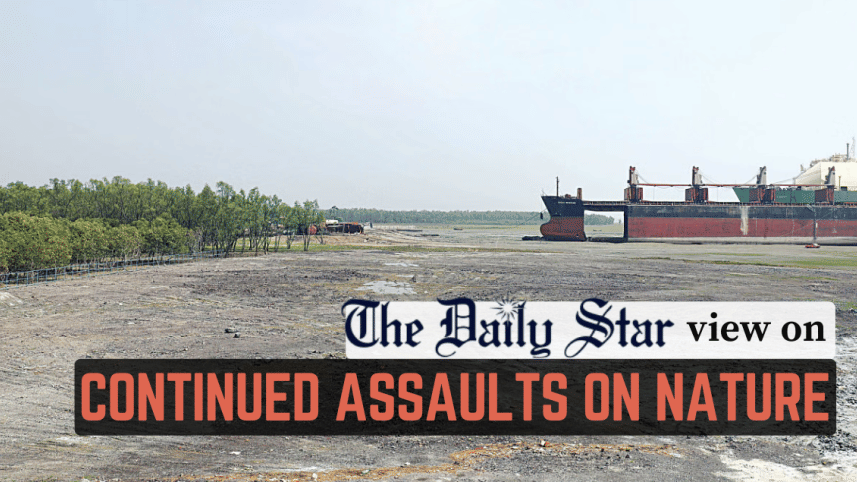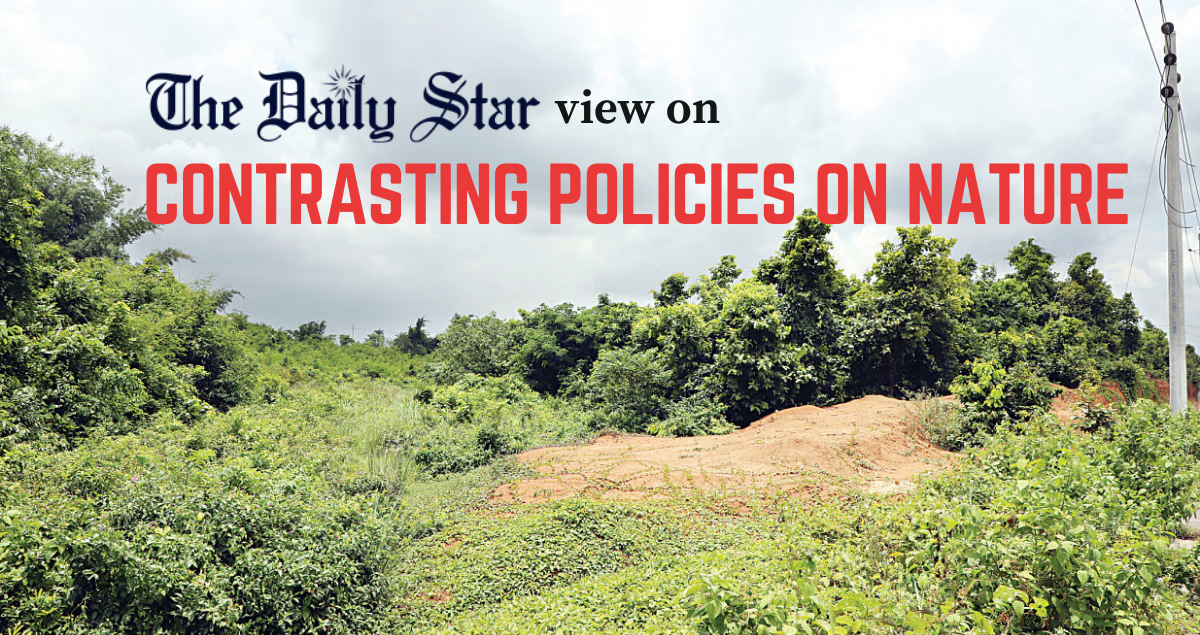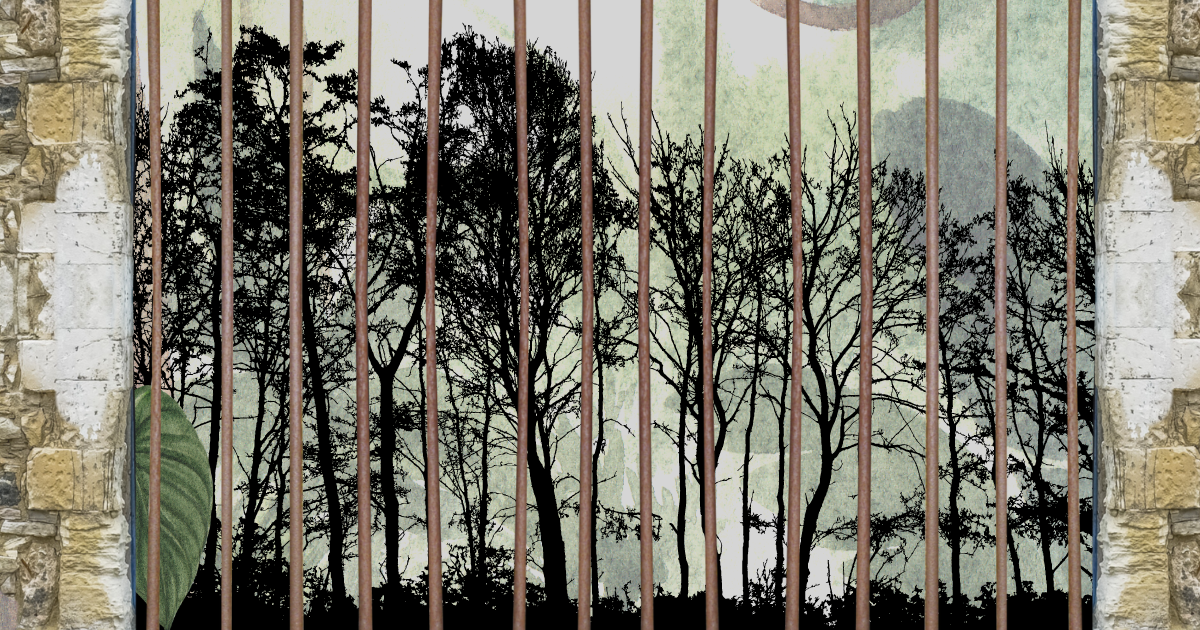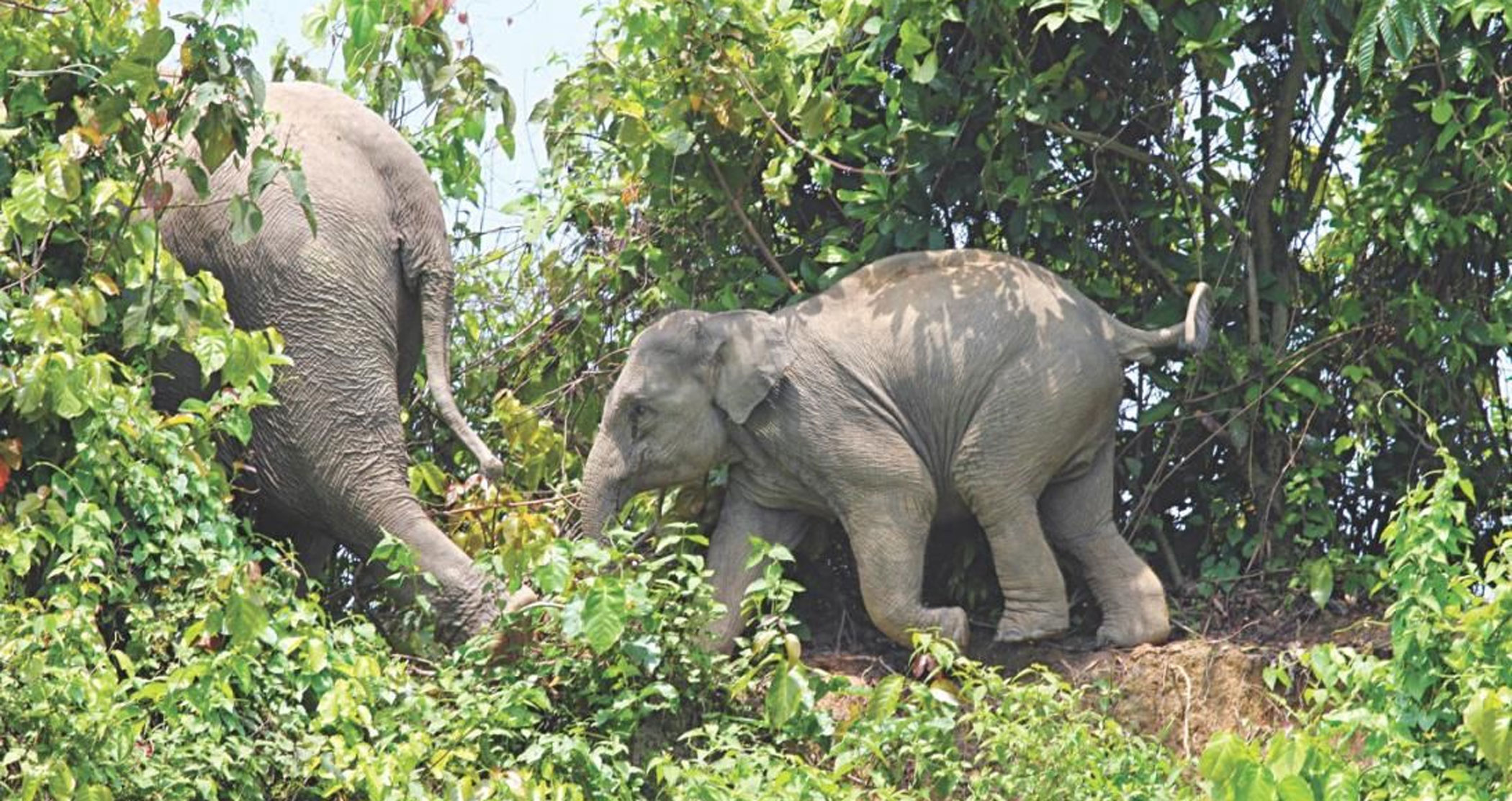With every forest razed, a little bit of Bangladesh dies too

Why is it that despite pledging to stop deforestation – and increase forestland by 25 percent – by 2030, Bangladesh is setting far fewer examples of forestation than of deforestation the closer it gets to the deadline? Only the other day, we commented on the country's first-ever urban forest being planned in Dhaka's Purbachal Residential Area. But since then, we have had at least three reports on instances of environmental degradation, the first being about influential people cutting a hill in Chattogram's Lohagara upazila in order to build houses. And on Wednesday, we were again pitted against two reports on the destruction of forests elsewhere in the Chattogram region. The risk of failing to meet that COP26 target – which seems almost certain – is not our main concern, however. What we find more alarming is the total lack of urgency with which our environmental concerns are being addressed.
Take, for example, the imminent existential threat facing the critically endangered Asian elephants because of the newly constructed Dohazari-Cox's Bazar rail line. Reportedly, about one quarter of the 102-kilometre line cuts through three vital forested areas, namely the Chunati Wildlife Sanctuary, the Fasiakhali Wildlife Sanctuary, and the Medhakoccopia National Park – key corridors essential for the elephants who move between habitats in search of food and water. However, Bangladesh Railway has built only one overpass and two underpasses to facilitate their passage, which is woefully inadequate. This, experts say, has only increased the risk of collisions between trains and elephants, who are already facing severe challenges to their survival due to widespread deforestation in the greater Chattogram region.
The second story from Wednesday sheds light on the senseless conversion of a five-acre mangrove forest into a shipbreaking yard in Chattogram's Sitakunda upazila. A once lush green forest – home to countless trees that acted as natural barriers against storm surges – now lies razed to the ground. What makes it harder to accept is that this was done with the authorisation of the district administration, which leased out the forestland to the company in question which, in turn, cleared the trees and nearby areas without obtaining permission from the Forest Department. And even though the district administration later cancelled the lease agreement amid criticism, the damage has already been done, leaving irreversible consequences for the area's ecological balance, biodiversity and wildlife.
Once you assess the cumulative effects of all such anti-nature activities, which are occurring in some form every day, you cannot help but feel deeply worried. With every forest or hill razed, a little bit of Bangladesh dies too. We, therefore, urge the government to take immediate action to halt further destruction of hills, forests and all terrestrial habitats in the country, ensure strict adherence to the environmental laws, and subject all its development projects to rigorous environmental impact assessment.



 For all latest news, follow The Daily Star's Google News channel.
For all latest news, follow The Daily Star's Google News channel. 


Comments